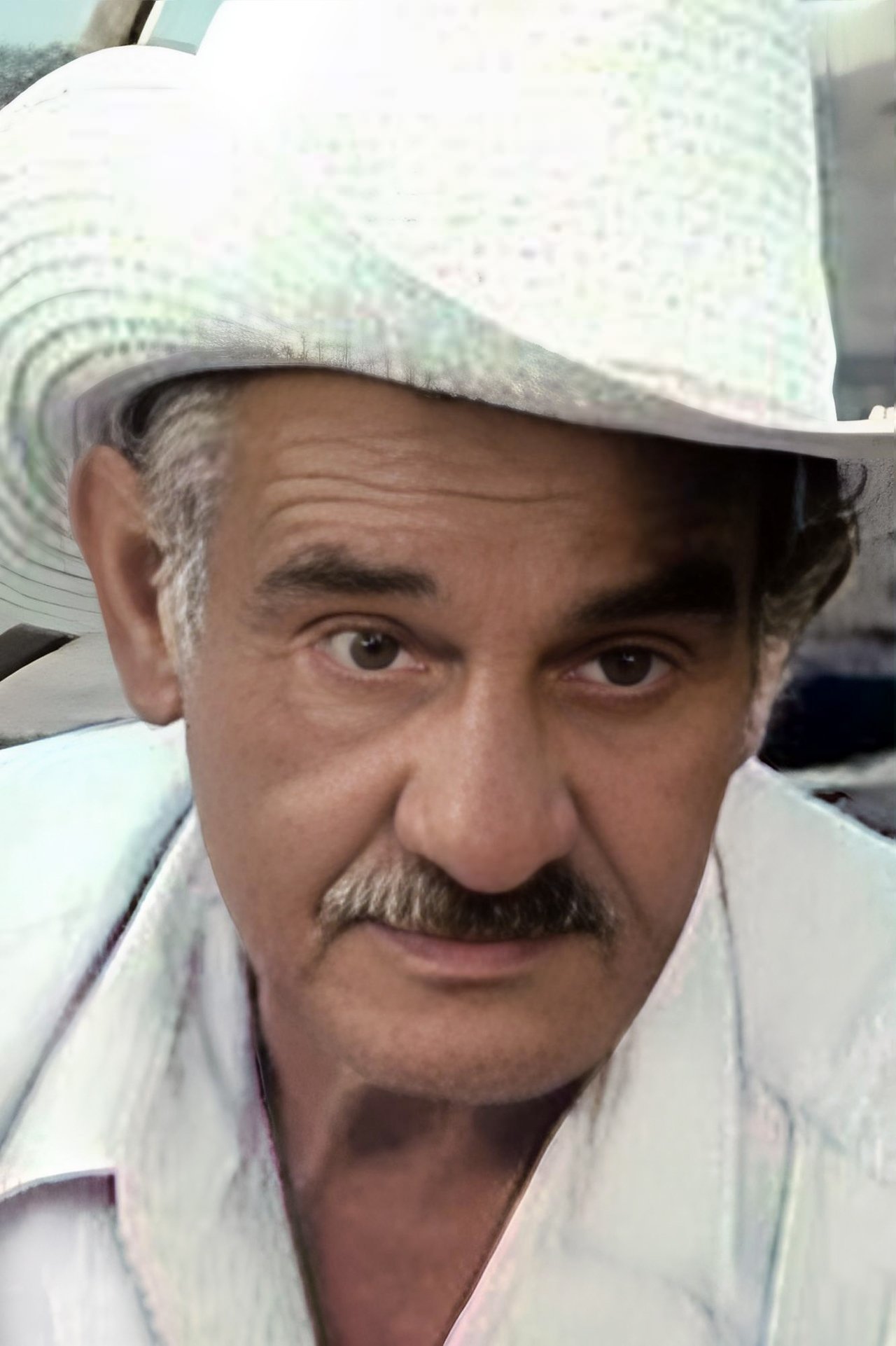

The Second World War. French authorities ban political parties and unions. In Algeria, the leaders of political and trade union organizations were arrested and interned in "surveillance" camps with more than 2,000 French and foreigners: communist activists, trade unionists, brigadists, Spanish republicans and other opponents of the Vichy regime. The Djenien Bourezg camp is one of these camps, located in southern Algeria and is one of the most formidable. An old activist for the Algerian national cause returns to the scene. He blows away the ashes that cover this part of history. And through it, we discover the hard fight of the camp inmates for respect and human dignity, under a fascist command.
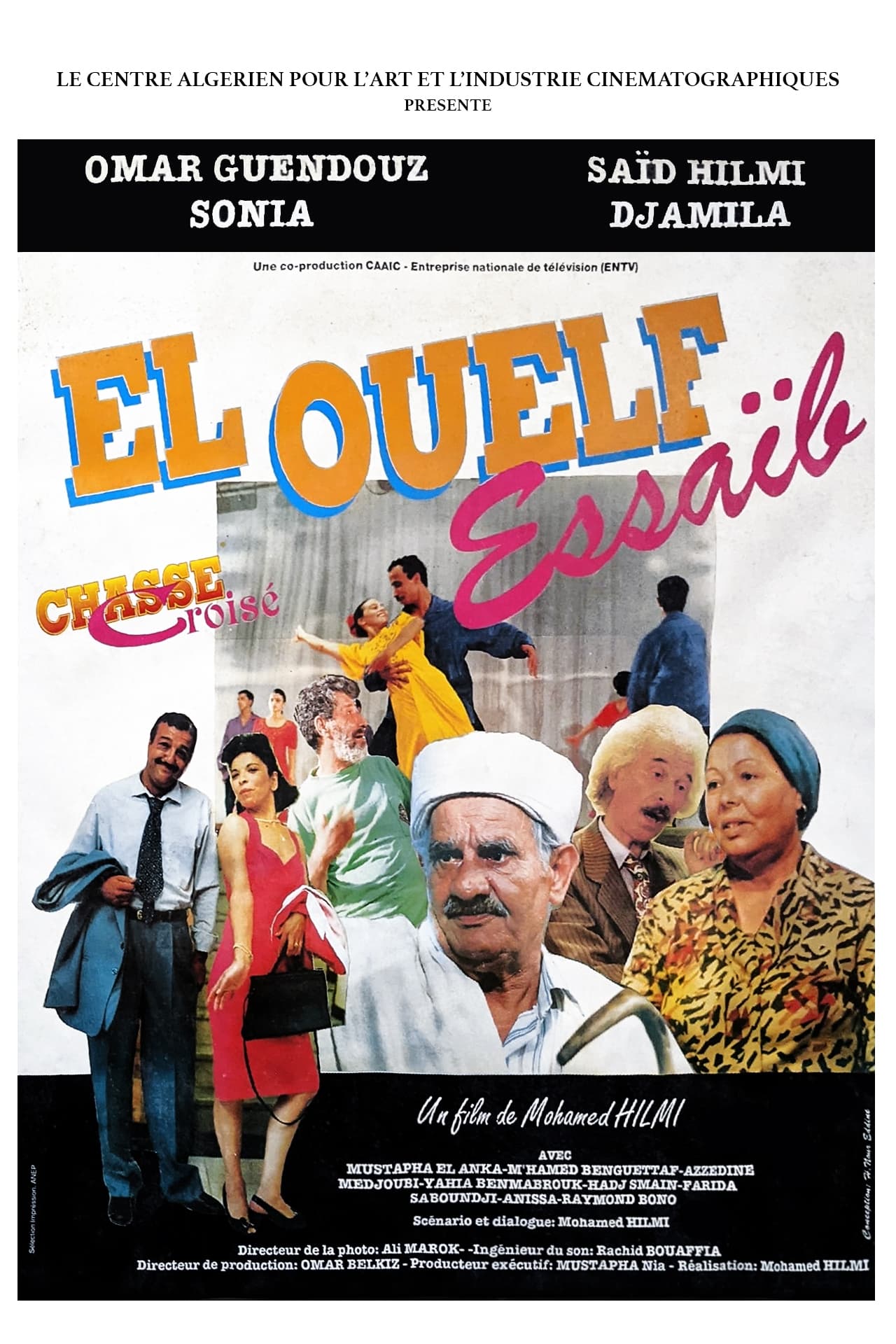
El Ouelf Essaïb (الولف صعيب) is a comedy written and directed by Mohamed Hilmi, released in 1990. An Algerian music composer and his friends live a thrilling story, full of twists and turns.
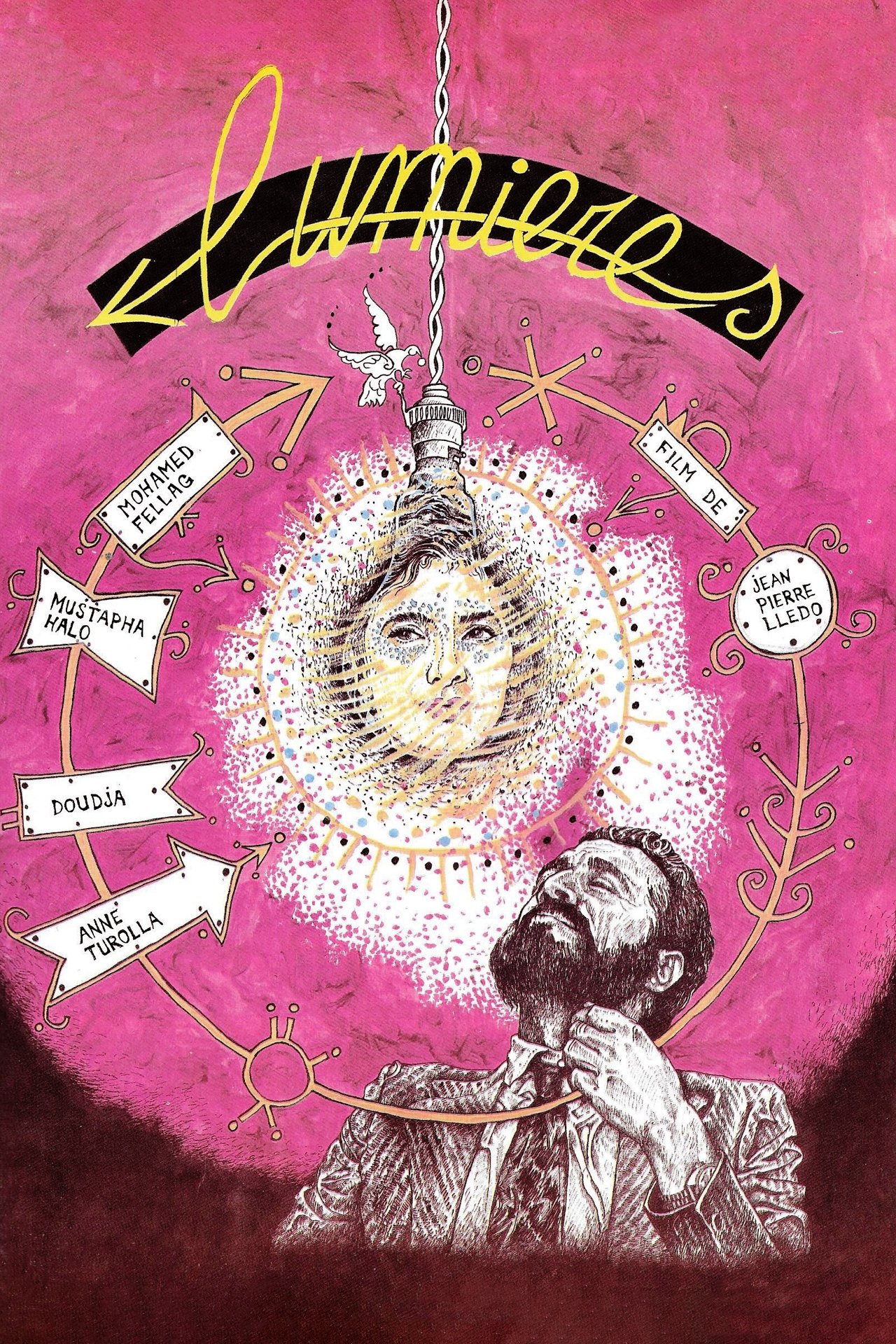
Long quest for a director specializing in commissioned films, who after a depression rediscovers his loved ones, his Casbah district, himself. Taken in hand, for a while, by his Islamist neighbor, it is above all the meeting with an old projectionist giving him a censored history of cinema and Algeria, which helps him to change, and to accept his own fantasies, embodied by Marilyn Monroe and the Andalusian.
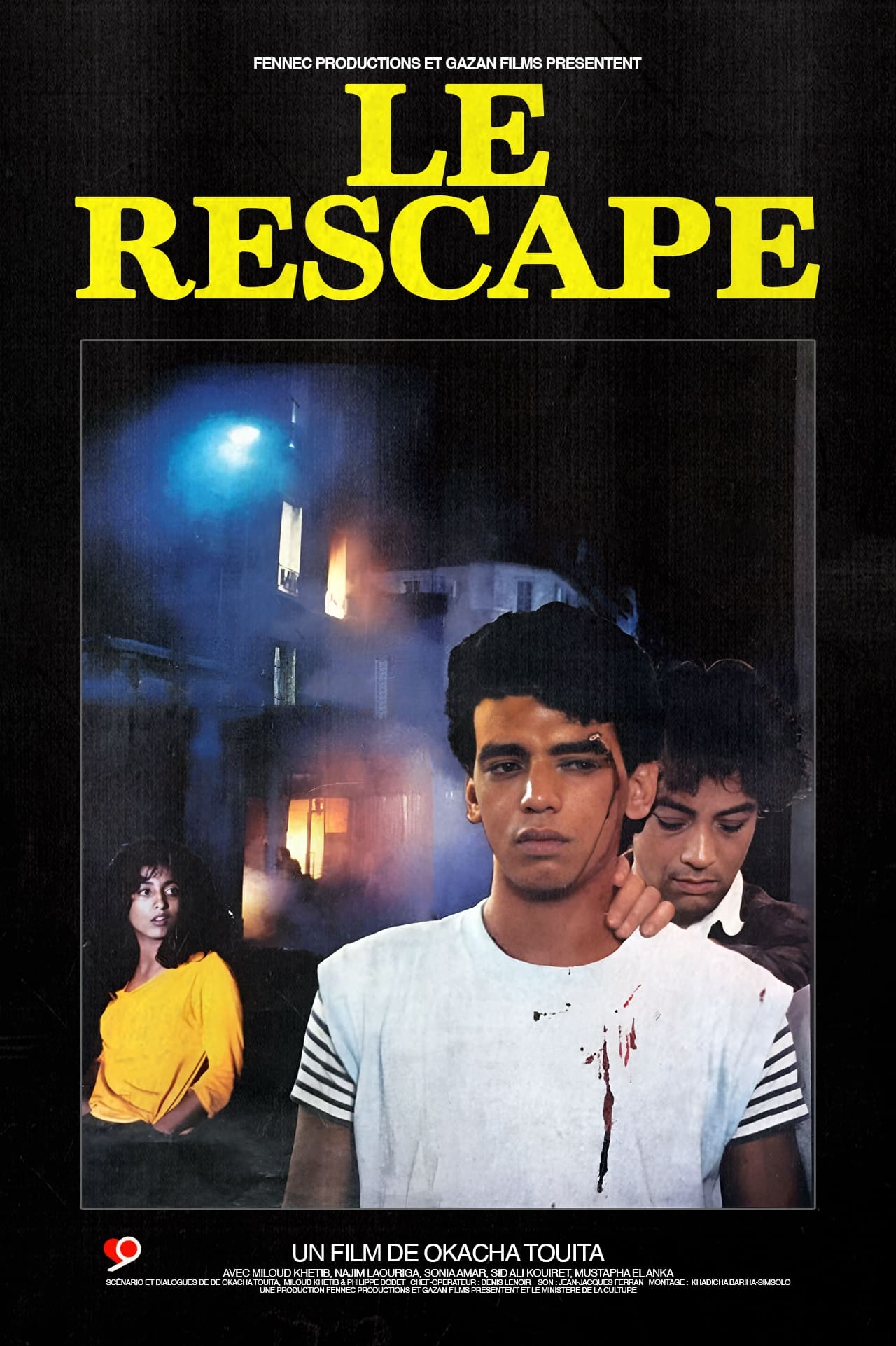
In a working-class immigrant neighborhood slated for demolition, Jo, the son of Ali, known as the Rescuer from the Algerian war, lives idle and delinquent, committing small assaults to pay for his drugs. One day, while attacking Slim's bar, he is arrested by Ben, a young beur cop torn between his roots and the imperatives of his mission to maintain public order. Giving in to the respect and friendship he feels for Ali, Ben agrees to release his son. But alas, far from calming down, Jo drifts deeper into violence, until the inevitable drama.
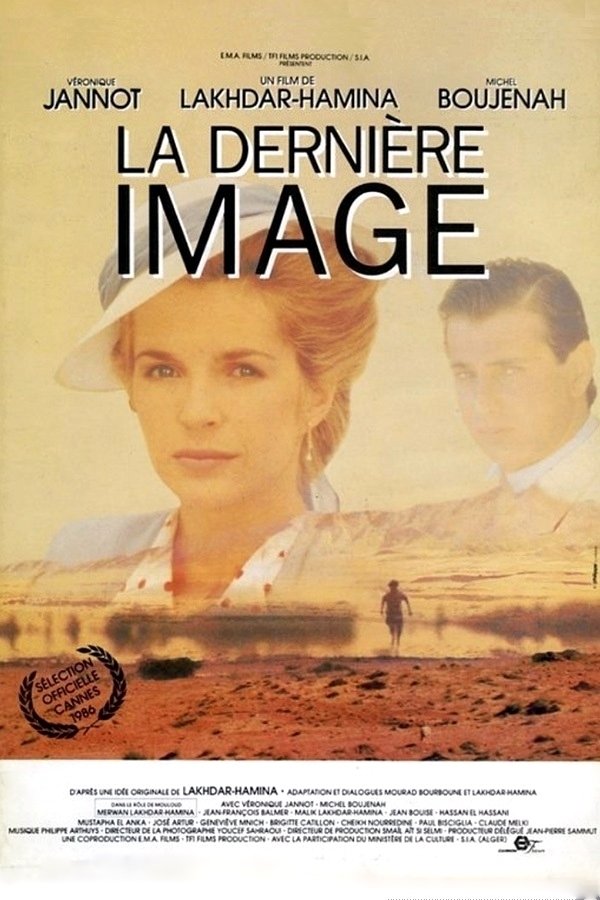
Seen through the filtered lens of boyhood memories, award-winning director Mohamed Lakhdar-Hamina crafted this half-fictional, half-autobiographical account of a brief period in the history of an Algerian village. It is 1940, and the quiet town is ruled by French colonialists appointed by the Vichy government. Algerians are being called up for service in the Vichy military, and Jews in the village are in danger of deportation. A beautiful young schoolteacher named Claire Boyer (Veronique Jannot) arrives in town and turns every male head within miles, including 14-year-old Mouloud (Merwan Lakhdar-Hamina, the director's son). Simon Attal (Michel Boujenah), a fellow teacher and a Jew, is also attracted to Claire, and so is Mouloud's older brother. Suddenly two murders occur in the village, Simon is in danger of being deported, and the tone shifts from the dreams of boyhood to the realities of manhood.
Mustapha El Anka (real name Mustapha Aït Ouarab), born April 6, 1926, is an Algerian singer and actor. He is also credited under the name Mustapha Halo. He is the oldest child of the famous musician and master of Chaâbi El Hadj M'hamed El Anka. He obtained his school certificate at the age of 13 and subsequently joined the musical troupe led by his father to become the drabki (darbouka player) of the orchestra. In 1947, he moved to Paris and learned to play the guitar, banjo and mandolin. he plays on stage and sings songs about exile in Arabic and Kabyle, for an audience of Algerian emigrants. Twelve years later, French radio and television recruited him as technical advisor and section head. In this capacity, he attended the recording of records in Arabic and Kabyle and met great artists such as Mohamed Abdelwahab and Farid El Atrache. Touched by the exile of his son, Hadj M’Hamed El Anka appealed to him to return through a song in Kabyle “Izrin Yeghlev Lehmali”. Mustapha will respond to his father with the song in Arabic “Ya Abi Ya Abi” which will be a great success. During his exile, Mustapha married a Spanish woman, but, discreetly, little is known about his private life and his escapade outside Algeria. At one point he joined the FLN troupe and recorded “El Qvayel”. After independence, he returned to Algeria and joined the newly nationalized Algerian National Theater. he became a singer in Haddad El-Djileli’s orchestra. at the same time, he played in several plays, encouraged by Mustapha Kateb. confirming his acting gifts, the son of the great “El Anka” tried cinema in 1968 and launched a new career with success. At the beginning of 1970, he joined the Algerian Popular Theater troupe (TTP) directed by Hassan El Hassani, who had played a major role in bringing theater to the most remote areas. he plays alongside Tayeb Abou El Hassan, Kaci Ksentini and Hamid Nemri, notably as a country guard in “Ti Goule ou Ti Goule Pas”. Mustapha El Anka ends up abandoning singing to devote himself fully to comedy on the small and big screen. the greatest directors will call on him and will play in the cults “Le Charbonnier” by Mohamed Bouamari, “Prends Dix Mille Balles et Casse-Toi”, “Les Folles Années Du Twist” by Mahmoud Zemmouri, “La Dernier Image” by Mohamed Lakhdar Hamina and many others, in all, he will play in around sixty films. His last role will be in “El Ouelf Saïb” by Mohamed Hilmi, released in 1993, and which he will not have time to see. Mustapha El Anka died on November 3, 1993 and was buried in the El-Kettar cemetery.
By browsing this website, you accept our cookies policy.